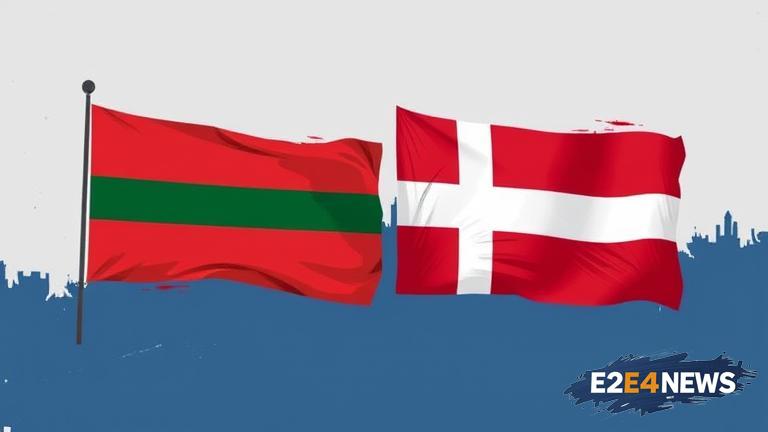In a move that reflects the escalating tensions between Lithuania and Georgia, the Lithuanian government has announced the expansion of its visa ban to include additional Georgian officials. This decision comes as a response to what Lithuania perceives as a deteriorating human rights situation and a lack of adherence to the rule of law in Georgia. The visa ban is seen as a diplomatic tool to pressure the Georgian government into addressing these concerns. Lithuania has been vocal about its support for democratic values and human rights globally, and this action is consistent with its foreign policy stance. The Georgian officials affected by the ban are primarily those involved in the judiciary and law enforcement, sectors where Lithuania believes reforms are urgently needed. The ban prevents these individuals from entering Lithuania, a measure that could have implications for their ability to engage in international diplomacy and cooperation. The move by Lithuania is not isolated, as it follows similar actions by other European countries that have also expressed concerns over Georgia’s commitment to democratic principles. The European Union has been engaged in dialogue with Georgia to encourage reforms, and Lithuania’s actions can be seen as part of a broader European effort to promote democracy and the rule of law in the region. Despite these efforts, Georgia has faced criticism for its handling of political opposition and the independence of its judiciary. The visa ban imposed by Lithuania is a clear signal that the international community is watching the situation in Georgia closely and expects tangible progress on these issues. The reaction from Georgia has been mixed, with some officials criticizing the ban as an interference in internal affairs, while others see it as an opportunity to reflect on the need for reforms. The situation highlights the complex nature of international relations, where countries must balance their sovereignty with the need to comply with international norms and standards. Lithuania’s decision to expand the visa ban also underscores the importance of human rights and the rule of law in international relations. As the situation continues to unfold, it is likely that there will be further diplomatic engagements between Lithuania, Georgia, and other European countries to address the underlying issues. The role of the European Union will be crucial in facilitating these discussions and in supporting Georgia’s path towards deeper democratic reforms. In the meantime, the affected Georgian officials will have to navigate the implications of the visa ban, which could limit their participation in international forums and meetings. The broader implications of this move could also affect the people-to-people diplomacy between Lithuania and Georgia, potentially straining relations between the two nations. However, it is also possible that the ban could serve as a catalyst for change, prompting Georgia to accelerate its reform efforts to avoid further diplomatic isolation. The international community will be watching the developments closely, looking for signs of progress and a renewed commitment to democratic values from Georgia. In conclusion, the expansion of the visa ban by Lithuania represents a significant development in the diplomatic relations between Lithuania and Georgia, with potential far-reaching implications for the region and for the promotion of human rights and the rule of law globally. The situation demands careful consideration and engagement from all parties involved to find a resolution that supports the principles of democracy and international cooperation. Lithuania’s stance on this matter reflects its commitment to upholding these principles, even when it involves taking difficult diplomatic decisions. The coming weeks and months will be critical in determining the outcome of this situation and the future trajectory of Lithuania-Georgia relations. The European Union’s role in mediating and supporting reforms in Georgia will be pivotal. Ultimately, the goal is to ensure that Georgia moves forward on a path that strengthens its democracy, respects human rights, and adheres to the rule of law, which are fundamental to its relations with European countries like Lithuania.





